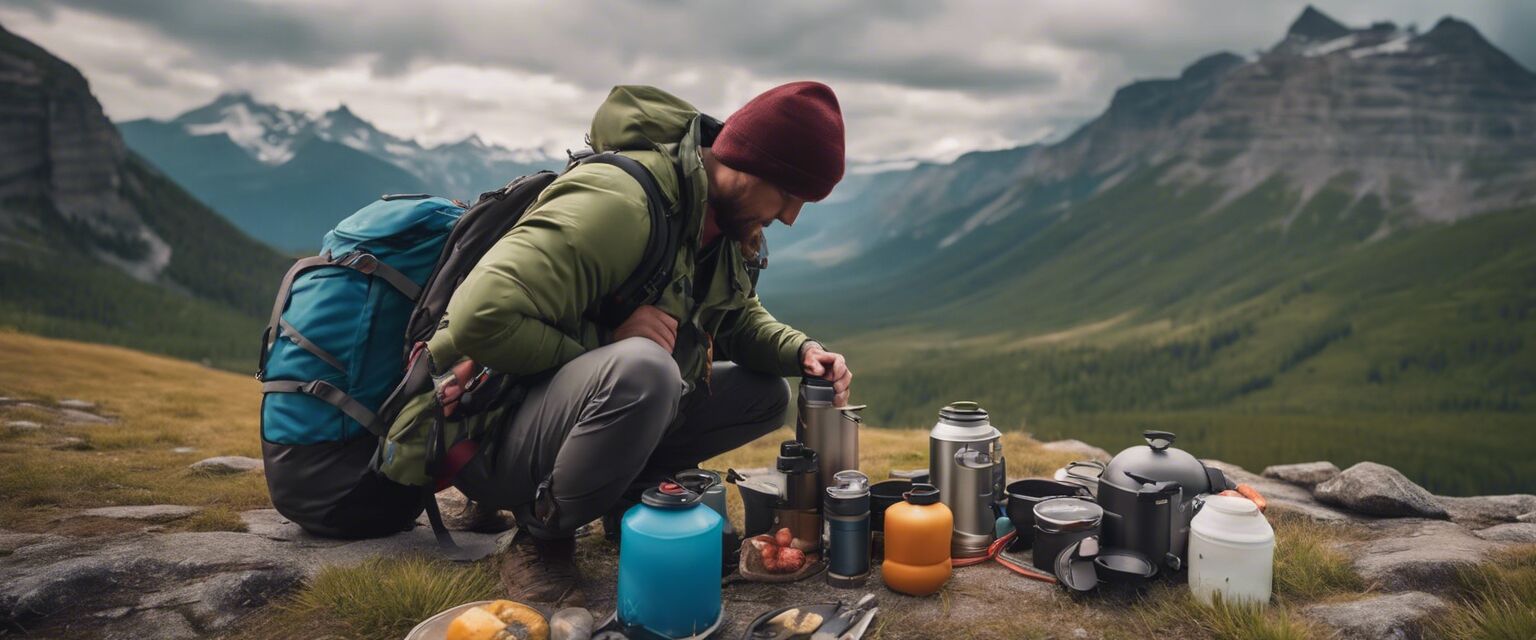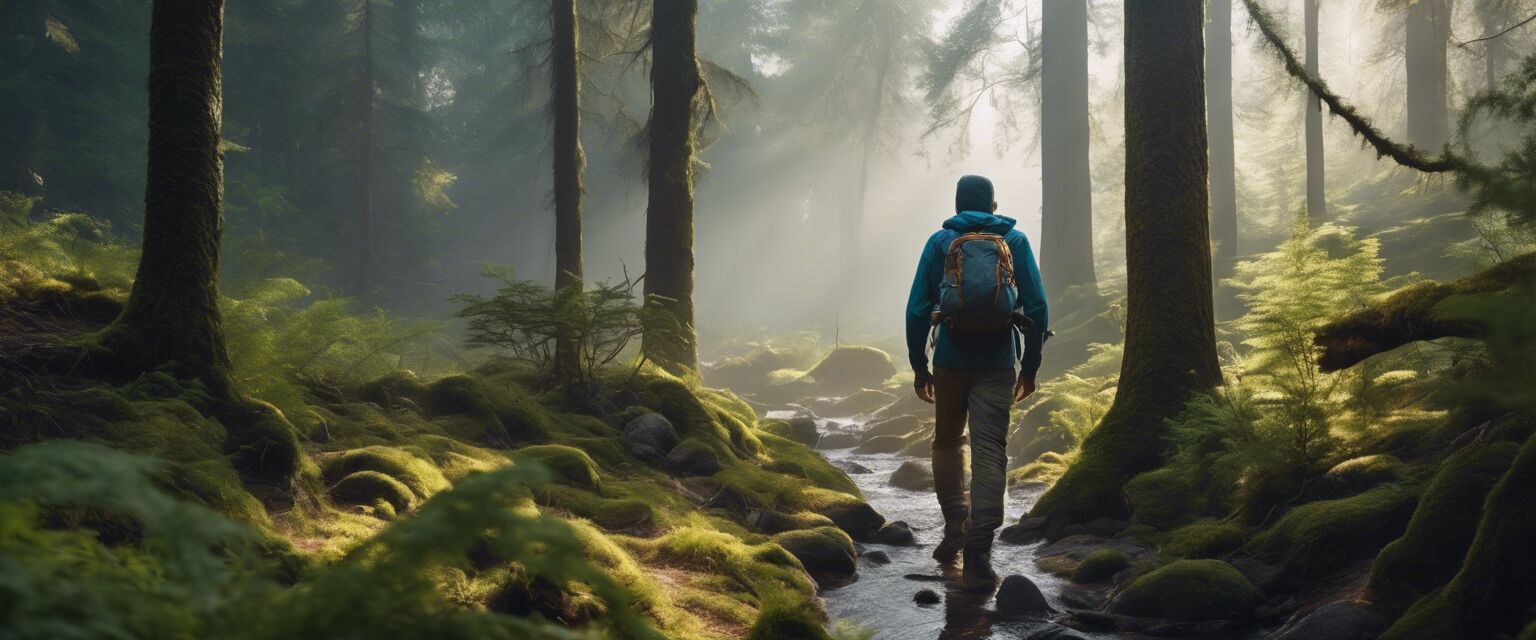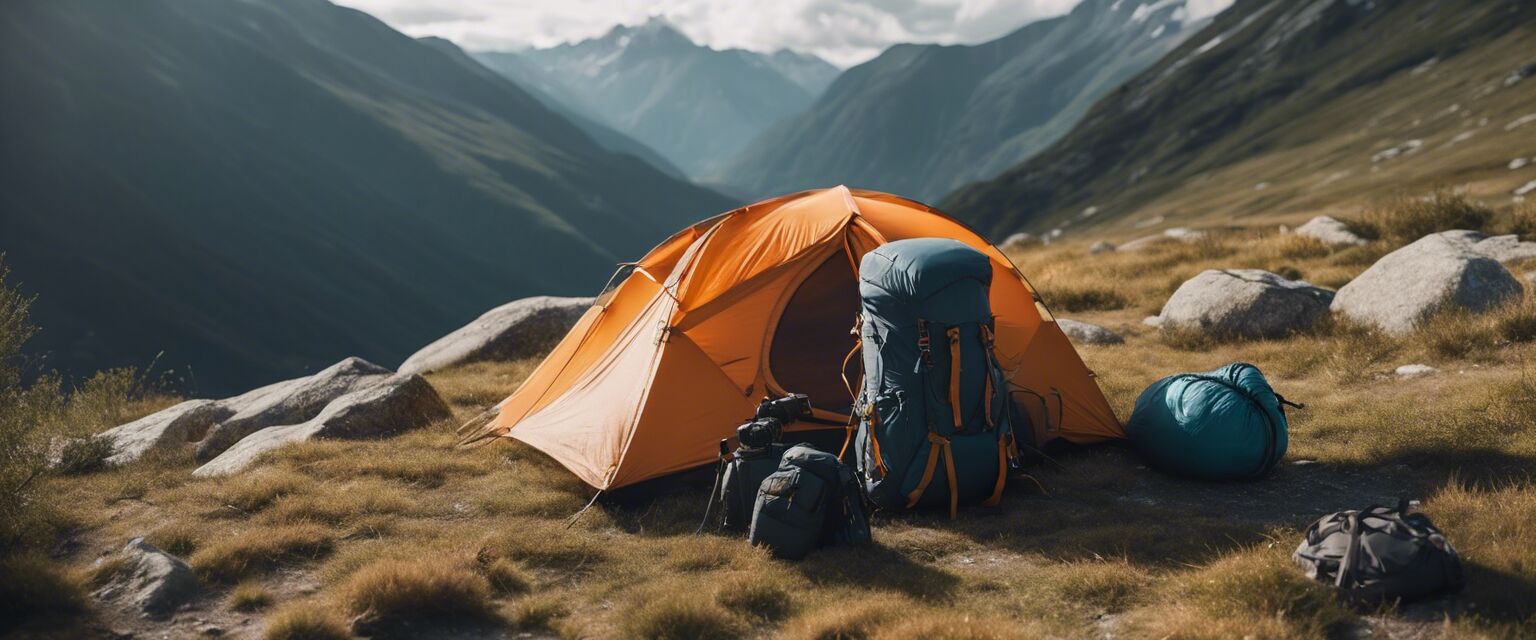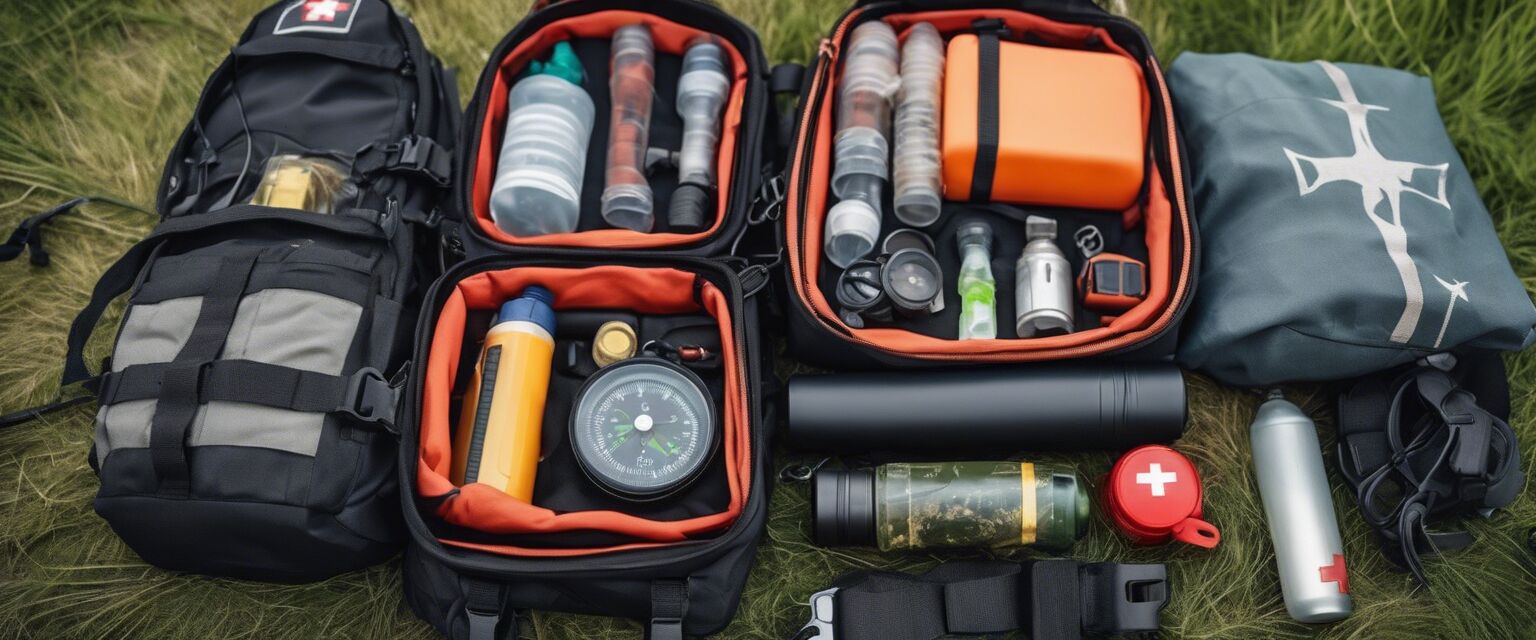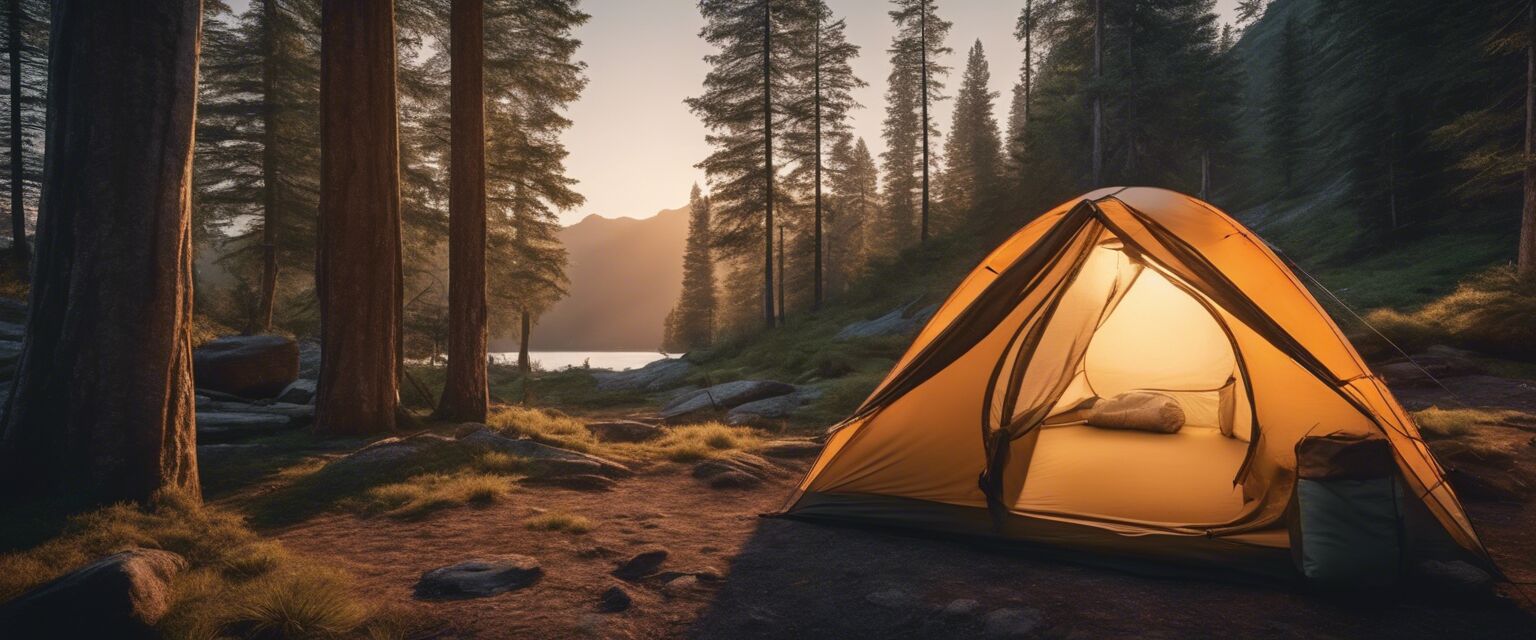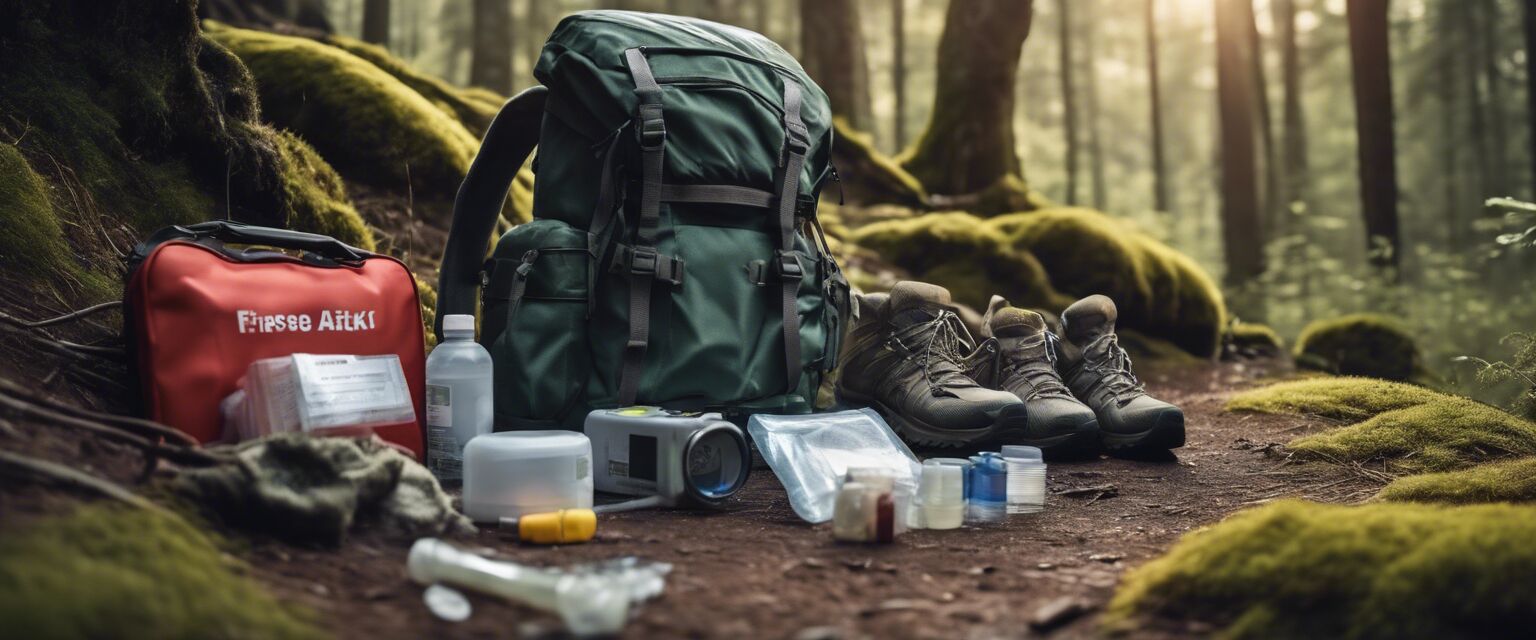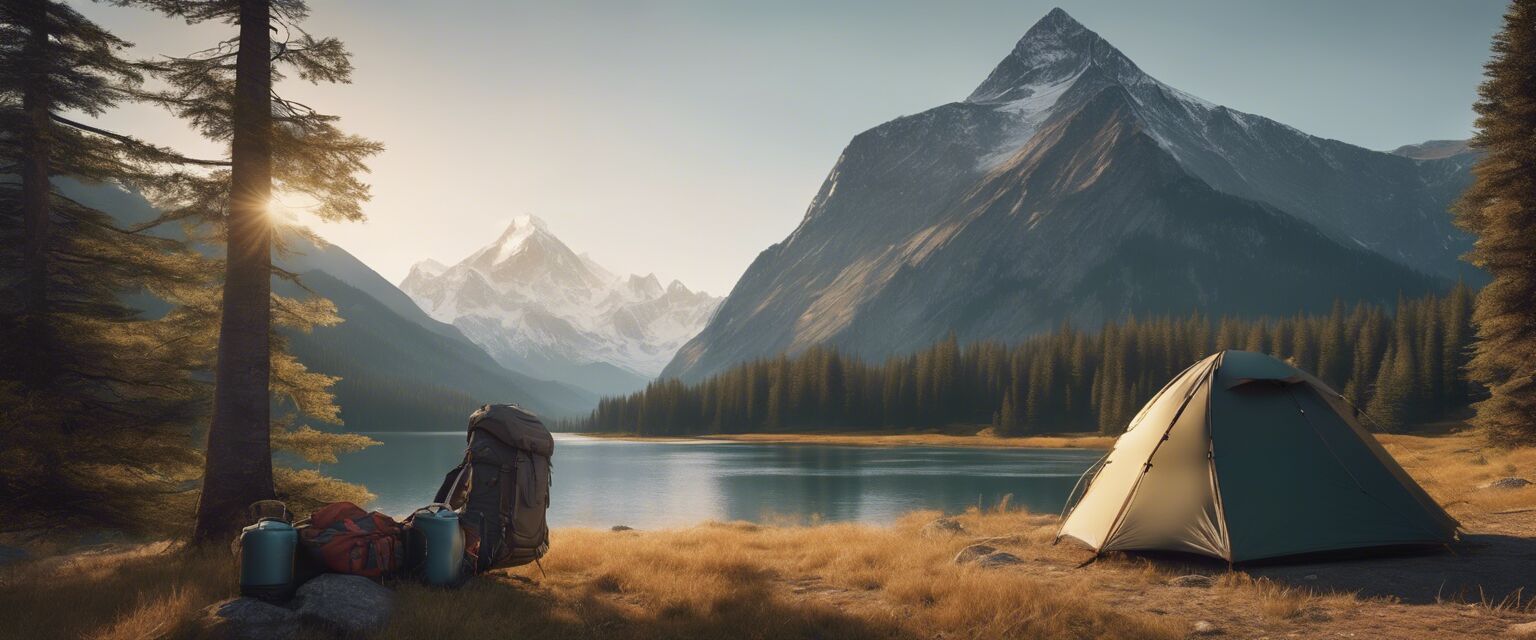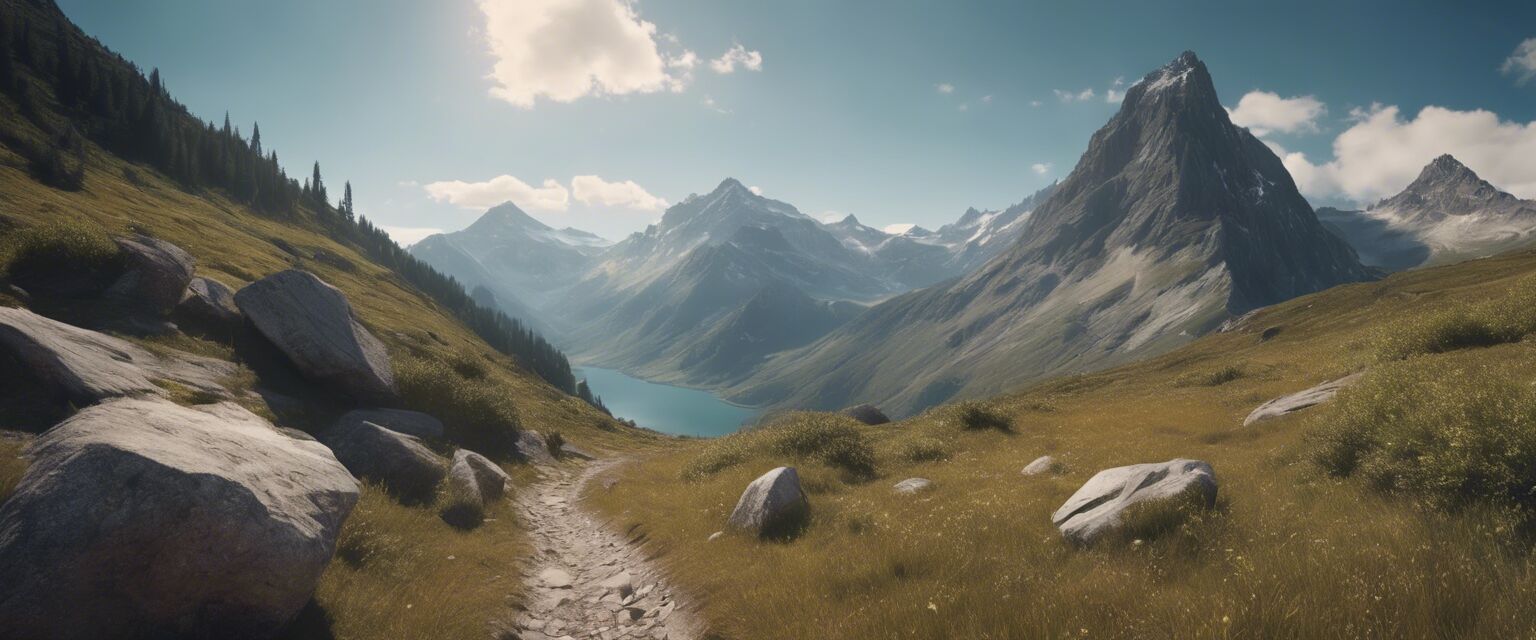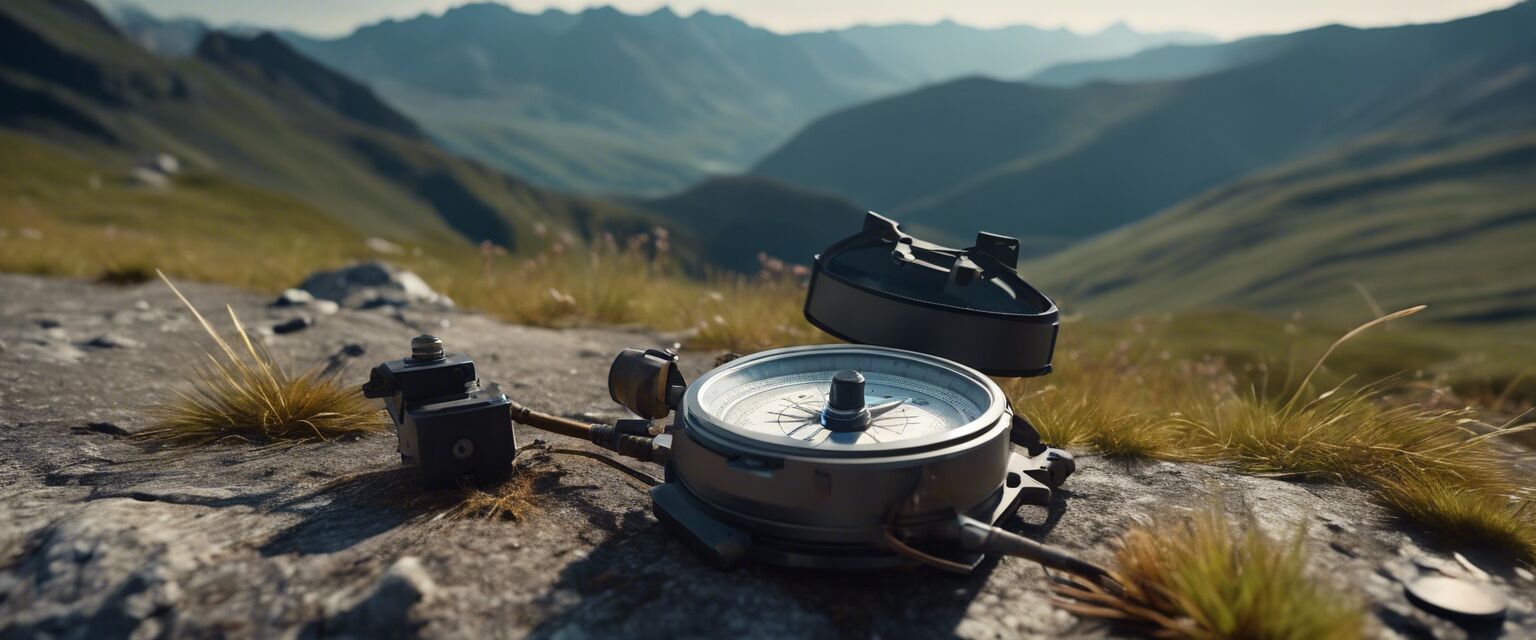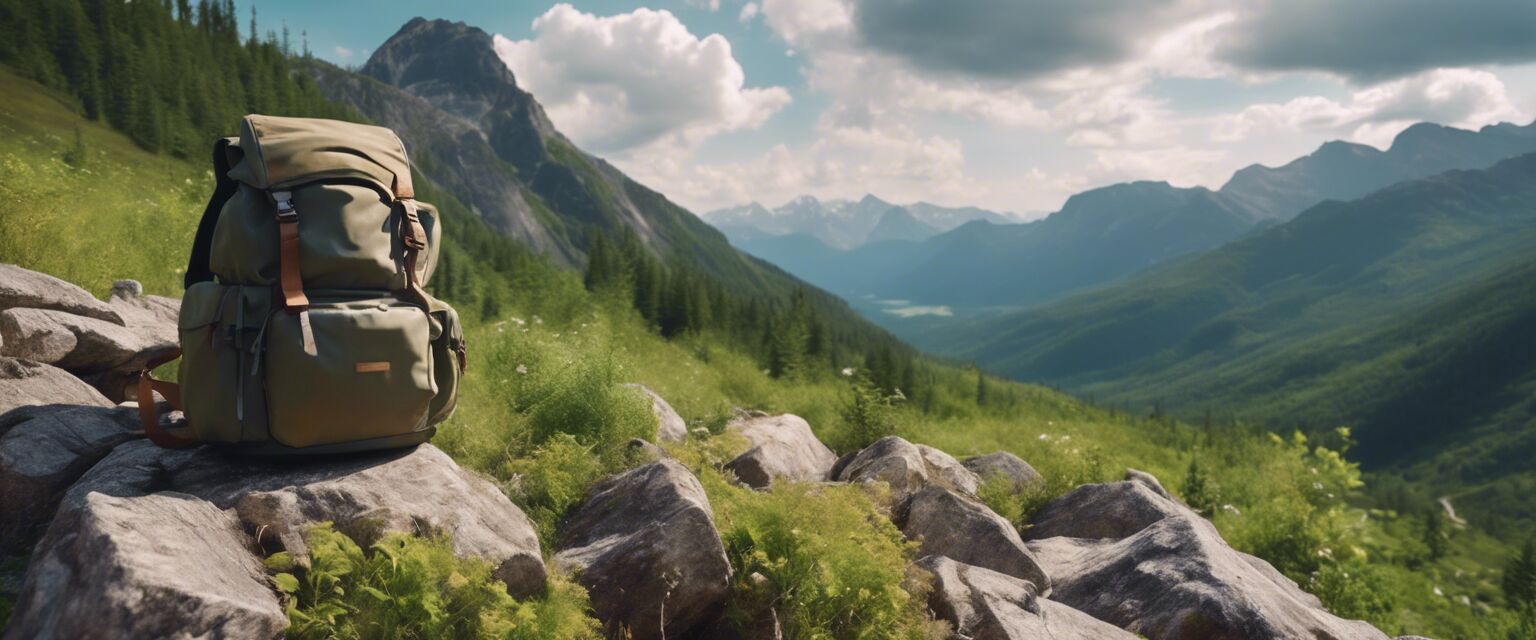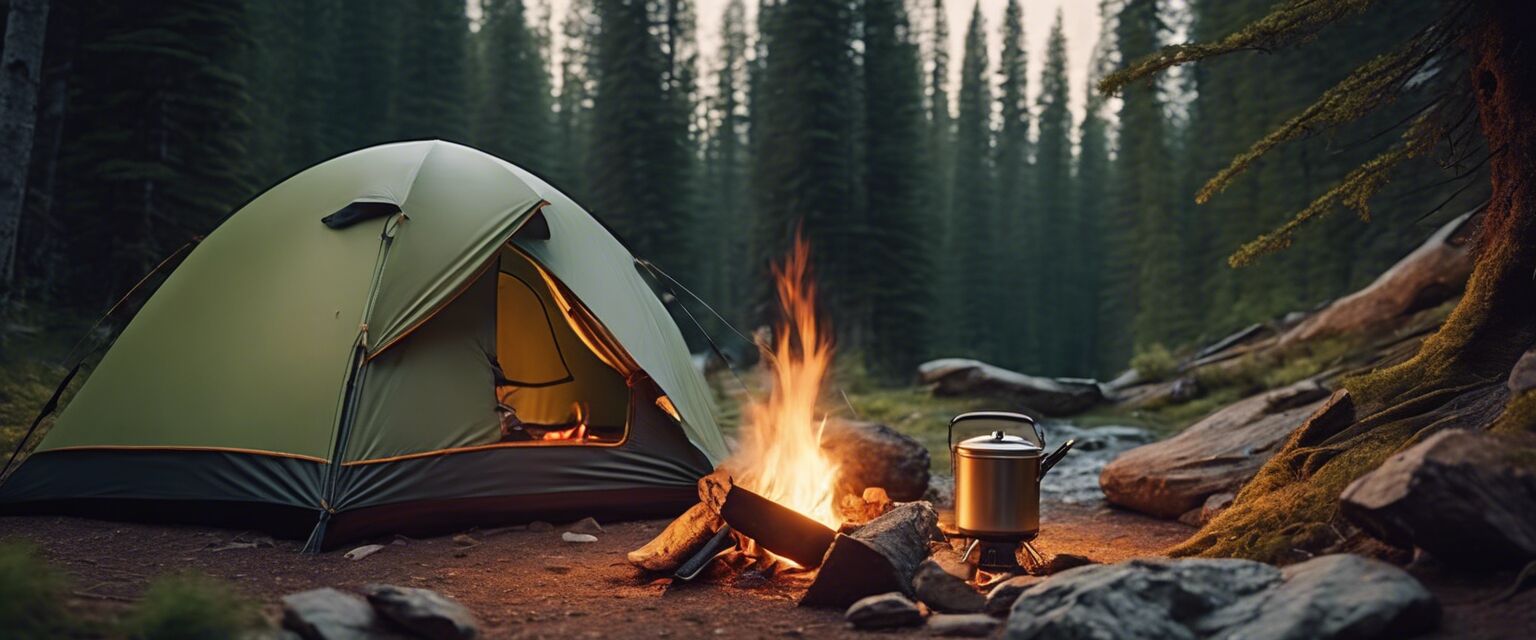
Food and Cooking: The Ultimate Guide for Backpackers
When it comes to backpacking, food and cooking are essential components of a successful trip. A well-planned meal can make all the difference in your energy levels and overall experience. In this article, we'll dive into the best food options and cooking equipment for backpacking.
Key Takeaways
- Choose lightweight, high-calorie foods that are easy to prepare.
- Invest in a portable stove and cooking pot for efficient meal prep.
- Don't forget to pack utensils, plates, and a water filter or purification tablets.
- Consider a camping cookset with a built-in stove and pot support.
Food Options for Backpacking
When selecting food for backpacking, it's essential to consider the weight, nutritional value, and ease of preparation. Here are some of the best options:
| Food Type | Weight | Calories | Preparation Time |
|---|---|---|---|
| Dried Fruits and Nuts | Lightweight | High | None |
| Energy Bars | Lightweight | High | None |
| Freeze-Dried Meals | Lightweight | Medium | 10-15 minutes |
| Canned Goods | Heavy | Medium | 10-15 minutes |
Cooking Equipment for Backpacking
When it comes to cooking equipment, it's essential to prioritize lightweight and compact gear. Here are some of the best options:
- Backpack with a dedicated compartment for cooking gear
- Portable stove (e.g., MSR PocketRocket or Jetboil Flash)
- Cooking pot with lid (e.g., titanium or aluminum)
- Utensils (e.g., spork or multi-tool)
- Water filter or purification tablets (e.g., LifeStraw or AquaSafe)
- Camping cookset with a built-in stove and pot support
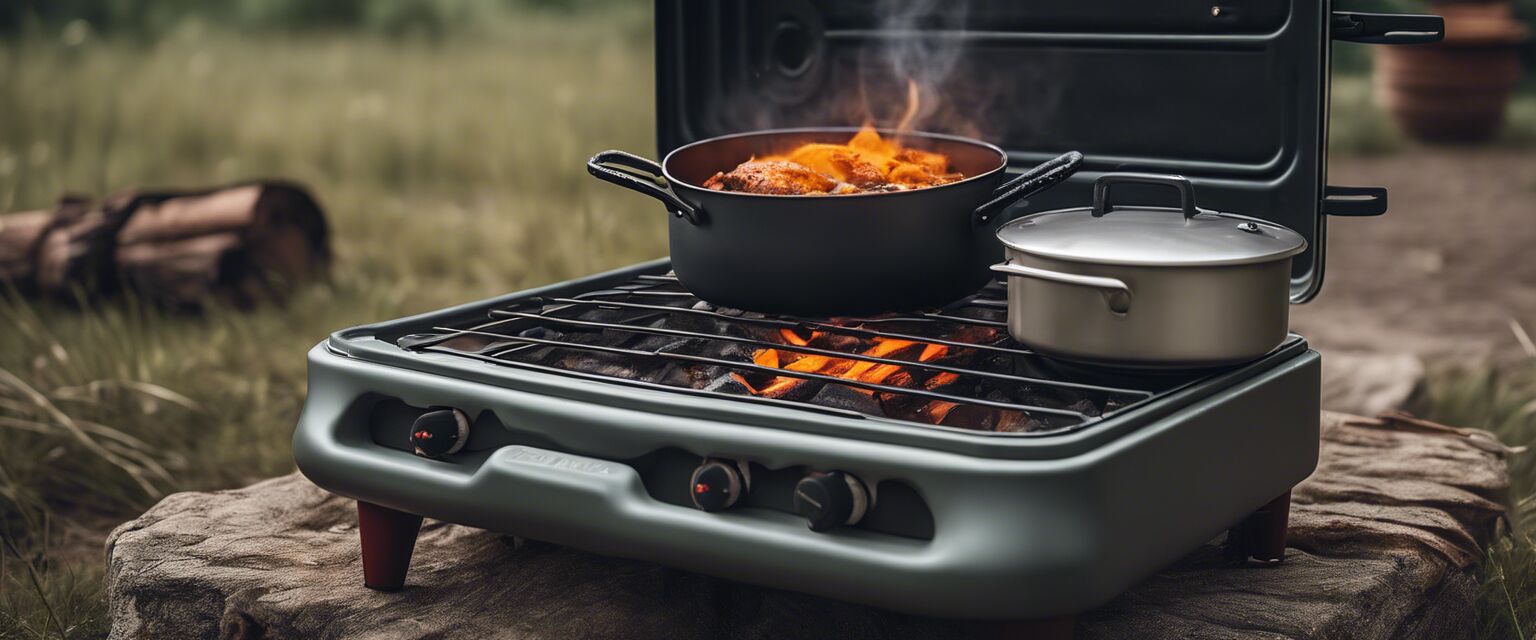
Tips for Cooking in the Wilderness
Beginners Section
- Always prioritize food safety and handle food properly.
- Use a camping cookset with a built-in stove and pot support for efficient meal prep.
- Pack utensils, plates, and a water filter or purification tablets.
Conclusion
Food and cooking are crucial components of a successful backpacking trip. By choosing the right food options and cooking equipment, you can ensure a safe and enjoyable experience in the wilderness.
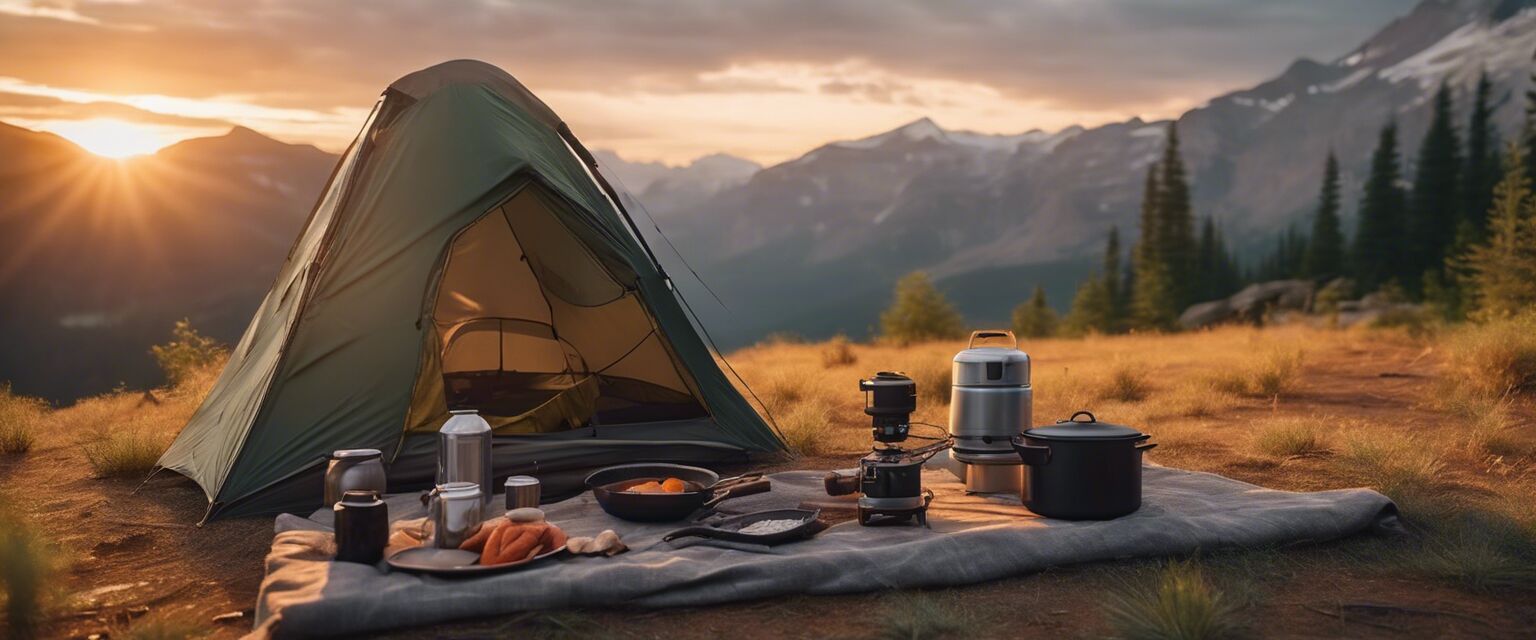
Pros
- Lightweight and compact cooking equipment
- Easy to prepare meals with minimal cleanup
- High-calorie foods for energy and nutrition
Cons
- Limited cooking options in the wilderness
- Potential for foodborne illness if not handled properly
- Added weight and bulk of cooking equipment
